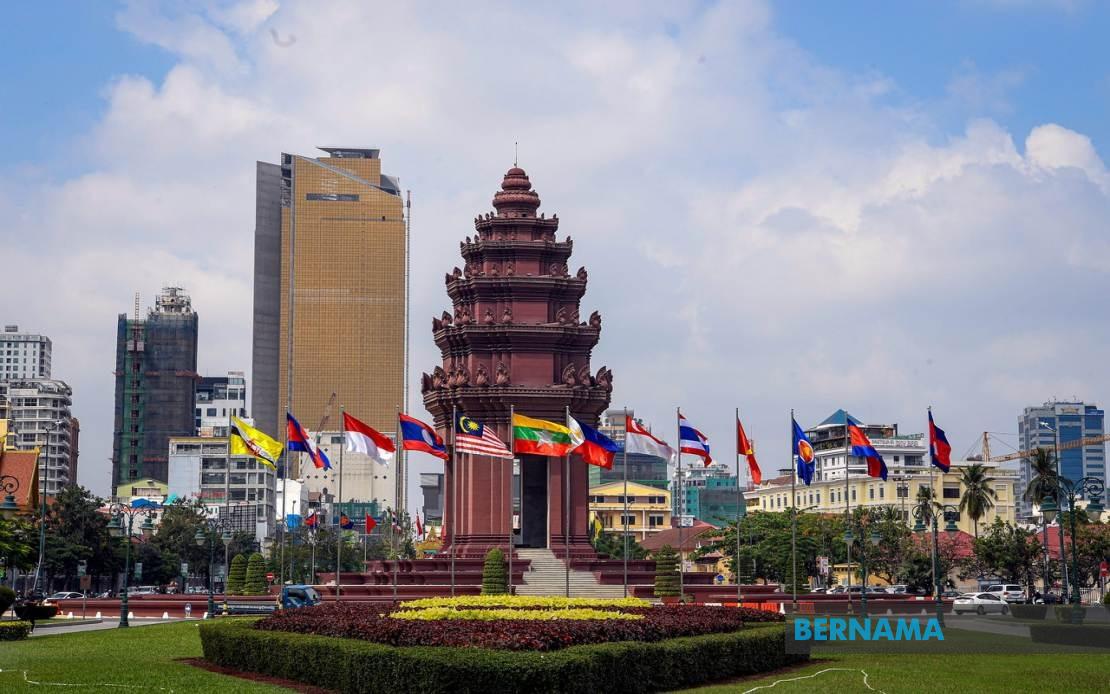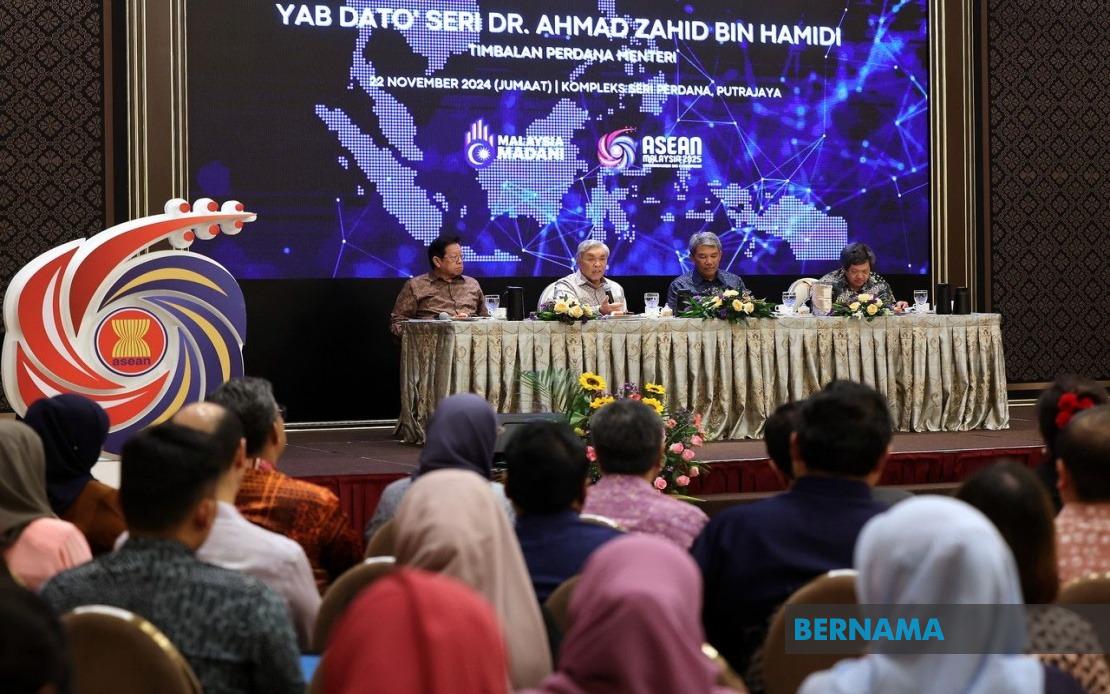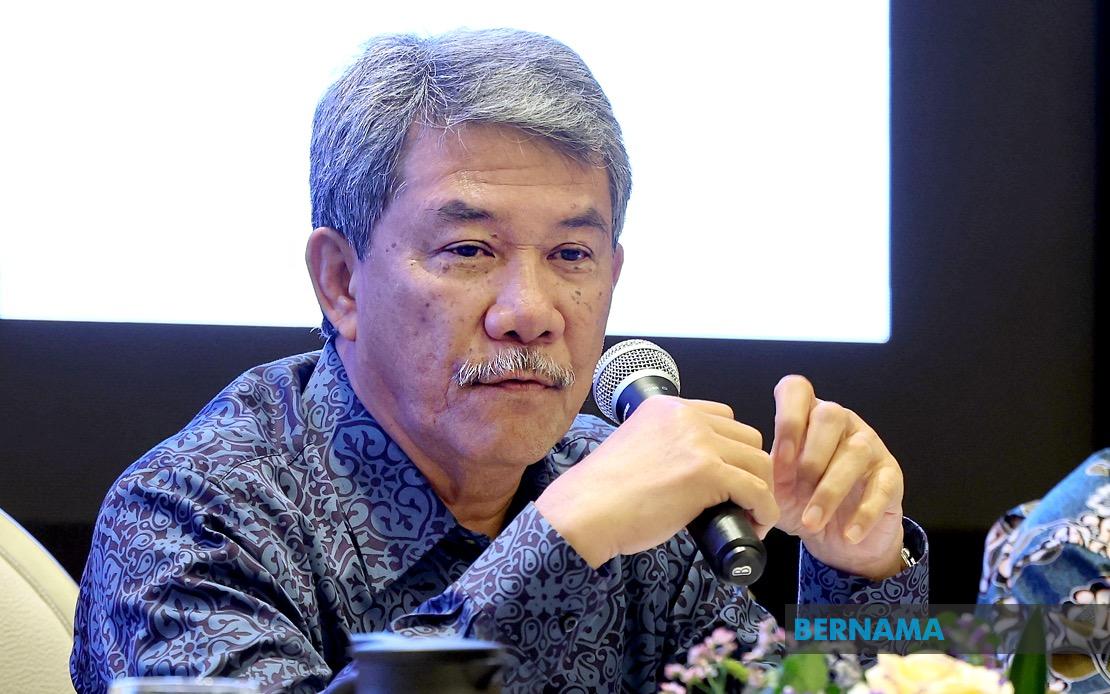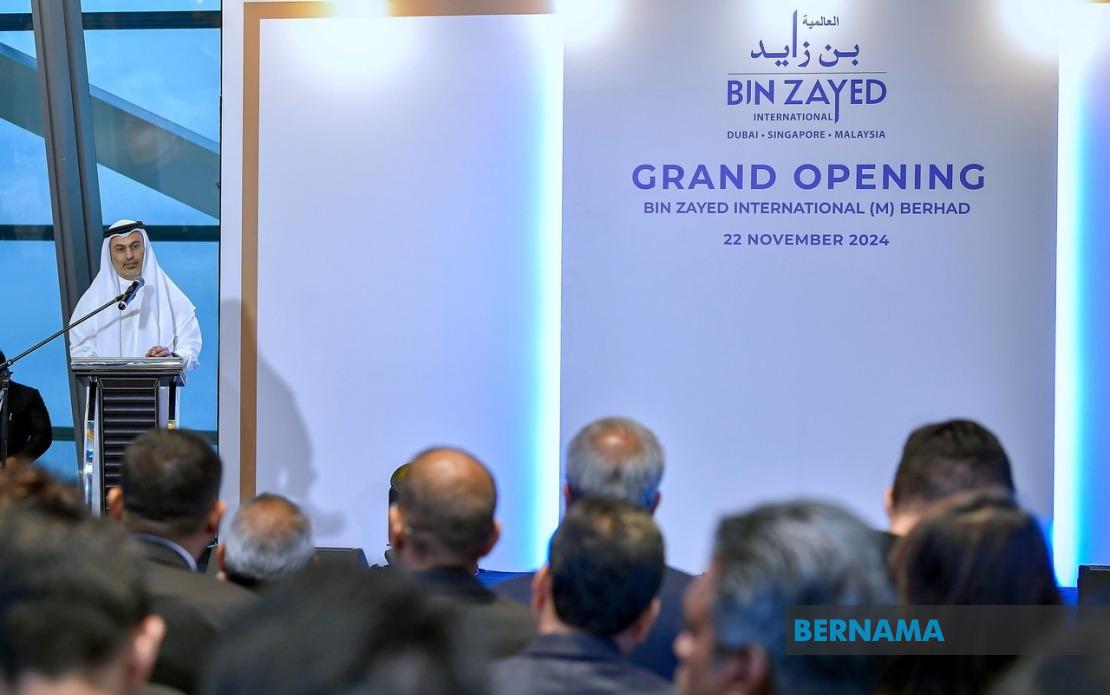COP29: MALAYSIA LEADS ACCF DEVELOPMENT, ADVANCING REGIONAL COOPERATION ON CARBON MARKET
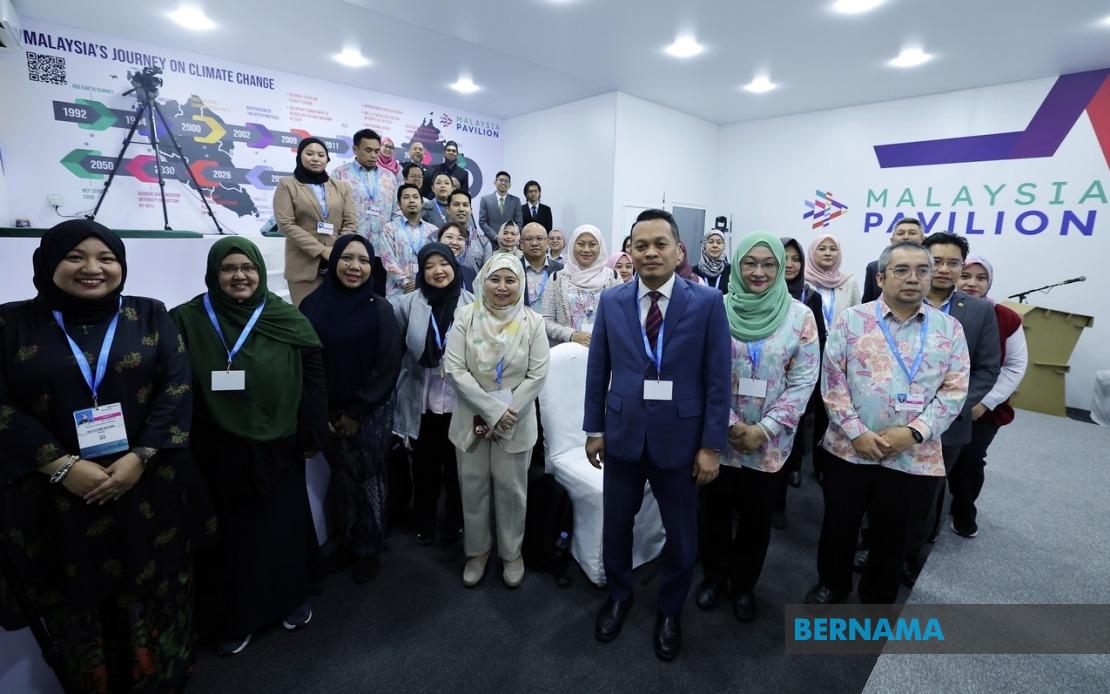
From Samantha Tan Chiew Tieng
BAKU (Azerbaijan), Nov 18 (Bernama) -- Five major carbon market associations representing Malaysia, Indonesia, Singapore, Thailand and ASEAN today formalised a historic partnership to support the ASEAN Common Carbon Framework (ACCF) through a Memorandum of Collaboration (MOC).
The five associations exchanging the MOC were the Malaysia Carbon Market Association (MCMA), ASEAN Alliance on Carbon Market (AACM), Indonesia Carbon Trade Association (IDCTA), Thailand Carbon Markets Club (TCMC) and Singapore Sustainable Finance Association (SSFA).
The exchange of the document took place at the Malaysia Pavilion at the United Nations Framework Convention on Climate Change (UNFCCC) Conference of Parties (COP29) and was witnessed by the Natural Resources and Environment Sustainability Minister, Nik Nazmi Nik Ahmad.
Nik Nazmi said the MOC reflects the country's growing recognition of the urgency to address climate change and it was part of the initiatives that Malaysia hopes to potentially operationalise as the ASEAN Strategy for Carbon Neutrality when Malaysia takes over the chairmanship of ASEAN in 2025.
“This was a crucial step in advancing carbon market growth within ASEAN which will help us achieve a unified approach that allows us to build an integrated, efficient, and credible carbon market, fostering regional cooperation and accelerating low-carbon investments,” he said.
Nik Nazmi said Malaysia has undoubtedly progressed in developing a comprehensive carbon framework, initiated by the Working Group on Carbon Market under the ASEAN Business Advisory Council of Malaysia (ASEAN-BAC-MY).
He said the ACCF was timely and essential as it aspires to unlock carbon project opportunities that are unique to the ASEAN region and at the same time, create stronger demand signals through interoperable carbon markets in this region.
The minister said it was also in line with Strategic Thrusts 4 and 5 of the Natural Resources and the newly launched National Climate Change Policy 2.0.
“This framework is indeed opportune as Malaysia looks to develop our own national carbon crediting system and explore our options in the compliance carbon markets,” he said.
As Malaysia assumes the ASEAN Chairmanship next year, the country likewise takes on the responsibility of setting a strong precedent for transboundary collaboration.
“The Malaysia Pavilion at COP29 serves as a testament to this leadership, showcasing its innovative approaches to sustainable development and hosting several ASEAN programmes that highlight the country’s collective efforts in addressing regional climate challenges.
“Collaboration positions Malaysia as a key player in climate action. Our objectives and outcomes at COP29 must be clear, measurable, and impactful. Our focus is on strengthening our climate commitments, securing climate finance, advancing a just transition, and promoting regional cooperation,” he said.
According to Nik Nazmi, Malaysia is also preparing to lead ASEAN in crafting a unified voice on climate action at COP30 in Brazil and also will spearhead the ASEAN Joint Statement on Climate Change, ensuring that the region's collective priorities are effectively communicated on the global stage.
He said this statement will reflect ASEAN's commitment to ambitious climate goals, regional cooperation, and the acceleration of sustainable development initiatives.
“By leading this effort, Malaysia aims to strengthen ASEAN's position in global climate discussions and drive meaningful progress in addressing the climate crisis,” he said.
Nik Nazmi said at COP29, Malaysia will focus on several critical global climate initiatives within the broader UNFCCC framework.
The priorities include the New Collective Quantified Goal (NCQG), the operationalisation of the Loss and Damage Fund, the implementation of Article 6 of the Paris Agreement on carbon market mechanism, and advancing the Global Goal on Adaptation.
“These priorities align with Malaysia's overarching climate objectives, advocating for a balanced approach to climate finance, adaptation, and loss and damage mechanisms. Regional cooperation through ASEAN will also play a central role in Malaysia's approach at COP29,” he said.
Malaysia's participation at COP29 from Nov 11 to 22 at Baku Stadium, aims to reinforce its commitment to the green economy as outlined in Budget 2025, to further drive the adoption of cleaner technologies and to attract sustainable investments to strengthen the country's leadership in green growth.
The Malaysia Pavilion at COP29 is spearheaded by the Ministry of Natural Resources and Environment Sustainability (NRES) and in collaboration with Malaysian Green Technology and Climate Change Corporation (MGTC) as the implementing agency, themed ‘Shift for Sustainability: Climate Action Now!’
-- BERNAMA
